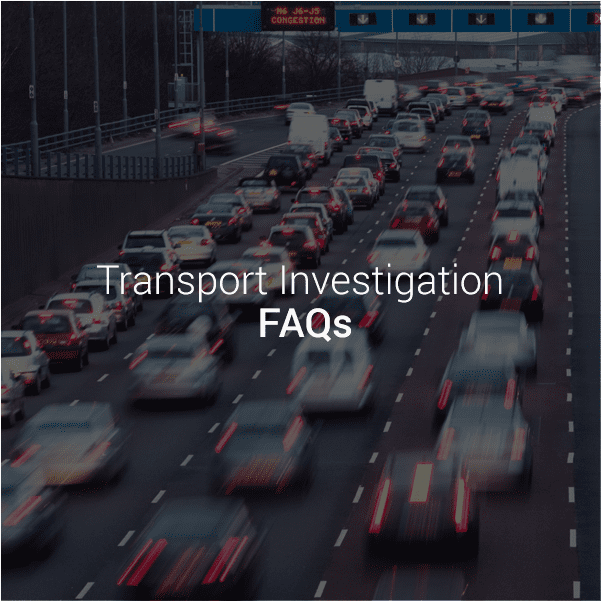DFT Report Pessimistic about Offenders and Post Court Disposal Courses
The Road Safety Act 2006 made provision for a post-court educational intervention for four traffic offences: speeding, careless and inconsiderate driving, ignoring traffic signs and using a special road contrary to scheme or regulation.
For each of these offences the courses would be offered to:
- people who attend court for the above offences and for which the court, having decided that an x number of points and a y amount of fine is imposed, puts the total endorsements on the driver’s licence at between 7 and 11 points; and
- people who attend court for the above offences and for which the court decided that they will be disqualified from driving for at least one year.
On completion of the course, offenders would be offered a reduction in their endorsement points or disqualification period.
In anticipation of the possibility of these new courses, the Department for Transport commissioned research to provide a detailed exploration of the person characteristics of likely course attendees, as well as general views of police and magistrates as to the contribution such a course could make to road safety.
The findings, however, are somewhat pessimistic about whether the course would work, citing the fact that many drivers said they would rather take the points or ban rather than spend time on the courses. The report also went on to note that some more serious driving offenders see their penalties as a result of bad luck or overemphasis by society on motoring offending, rather than due to illegal or dangerous driving on their part. As such, “when there is damage or an injury involved it is often interpreted as the fault of someone or something else”.
A summary is set out below:
- Interviews with offenders indicated that drivers who:
- overestimate their own driving skills,
- show little remorse,
- value engaging in the offences for their own sake, and
- hold a high opinion of their ability to escape punishment,
appear to be disproportionately represented among likely course attendees.
- There was also an over-representation of drivers with a criminal record or other previous driving offences in the respondents interviewed;
- Many of the offenders interviewed said they would refuse the offer of a course due to a preference for alternative penalties (in part due to their opinion of themselves as skilled drivers, being able to overcome disadvantages of disqualification, seeing disqualification as worth it to lose points, or simply planning to drive illegally, etc.);
- Ministry of Justice statistics and interviews with a small number of magistrates and police officers suggested that very few offenders going through the courts would meet the eligibility criteria for the proposed course (i.e. 7–11 points on conviction, disqualification of one year or more). As such, it would be difficult to organise courses, especially as multiple attendances would require reasonable proximity to a residential area;
- A feasible and popular option among the police and magistrates interviewed would be to widen the criteria of eligibility and make post-court attendance part of an alternative for all driving offenders who have a set of attitudes which encourage speeding and risky driving.
Quite when the course will be introduced is still unclear and, no doubt, the DfT’s findings will provide ammunition for critics who will inevitably question whether certain offenders should remain on the road.
Contact Us
If you require more information about the services we can provide or would simply like to discuss an issue with one of our solicitors then please:
- request a free call-back using the call-back form on the home page,
- phone us during office hours on 0115 986 3636,
- email us at help@richardnelsonllp.co.uk, or
- visit our keepmedriving.com web site.



